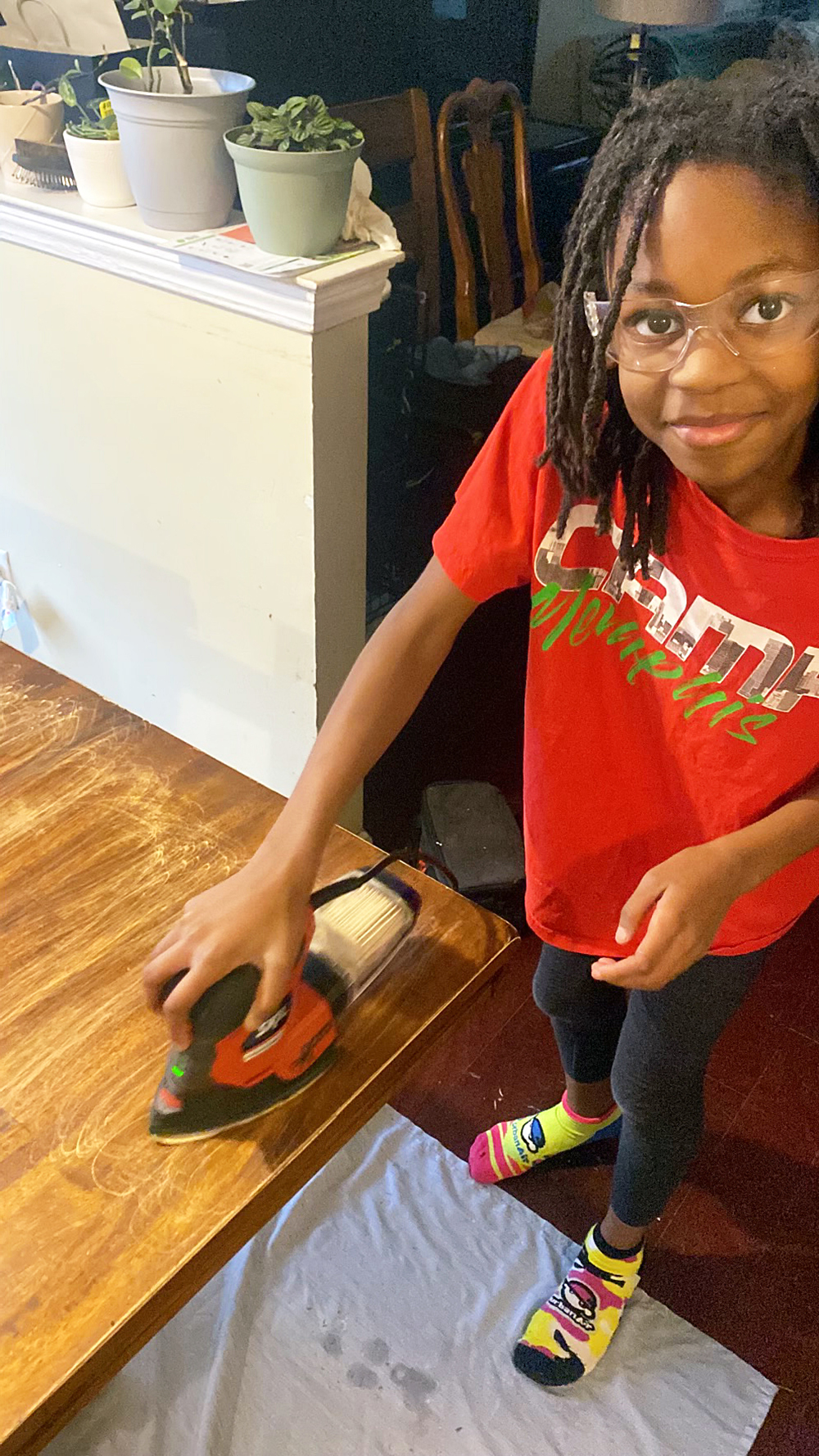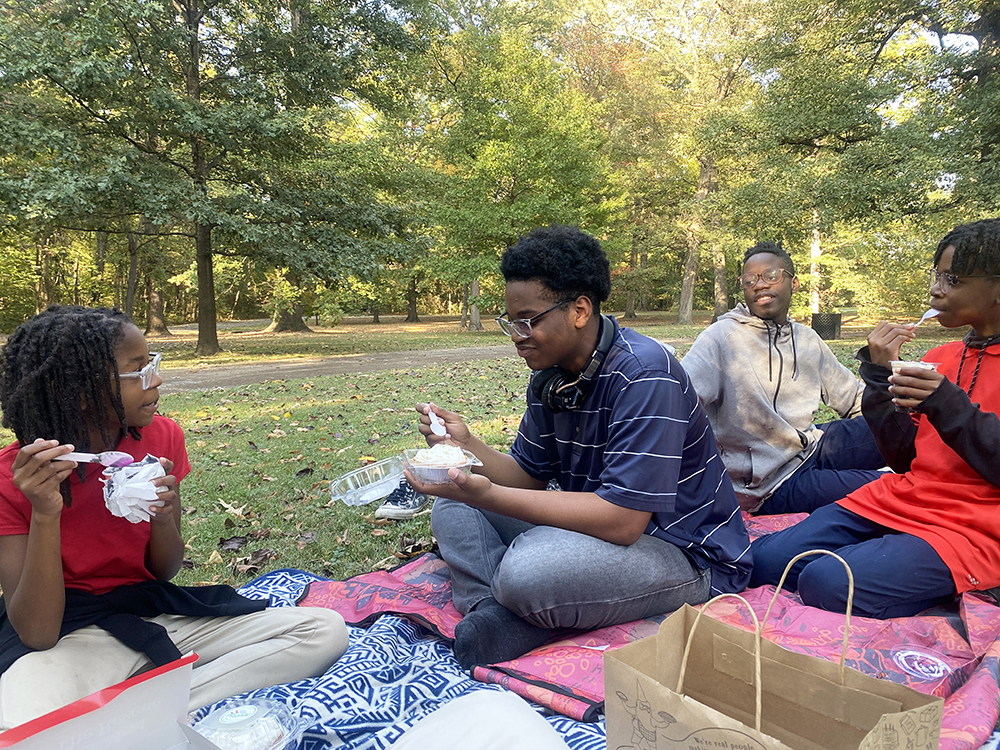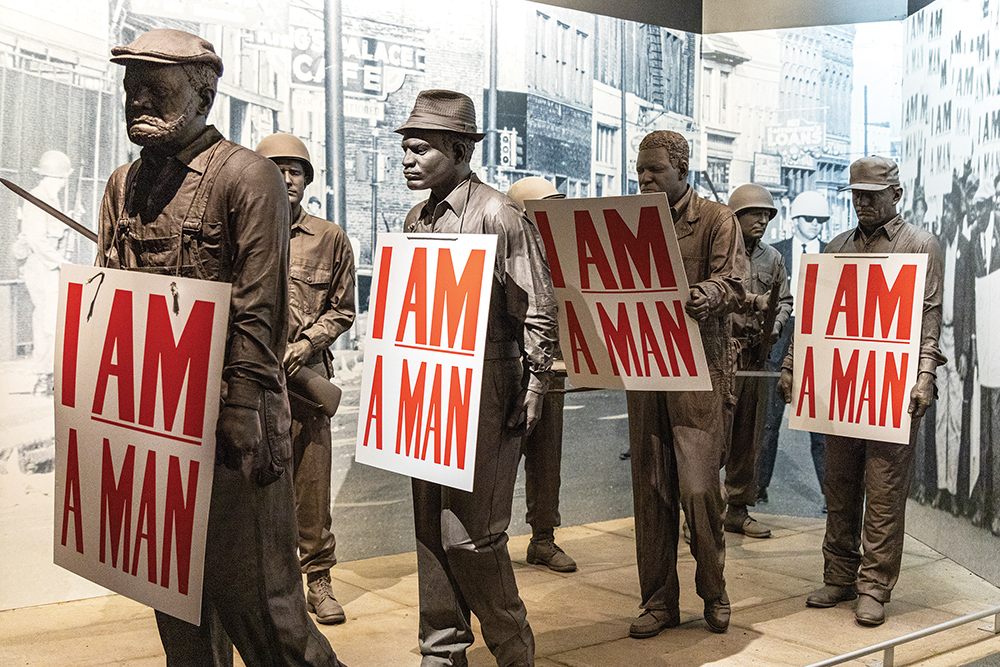I’ve heard that a parent’s goal is to raise their kids to be independent and not reliant upon them. While I wholeheartedly believe this, sometimes I wonder if any of my life lessons are sinking in. My kids are 11, 12, 12, and 16, and sometimes I have to remind them of bare care necessities. But if I had to teach them three life lessons, they would be: know when to step away, how to have your own relationship with God, and how to fix things.
Life Balance
My kids work really hard in school. Some of them work hard on their academics, while others work hard on their social skills. In between PSATs, constructing cell cities, reading How to Kill a Mockingbird, and illustrating the water cycle, I noticed that the kids got … quiet. They came home and immediately withdrew and went to their own spaces. When I tried to engage them in conversation, I was met with short, one-word replies. Then it dawned on me. I haven’t really emphasized the importance of stepping away before everything becomes too much. So I decided to tap into their inner child. Children love two things: parks and snacks. In the middle of the week, I left work early to pick the kids up from school and bypassed all the aftercares. All of the kids were excited, with the exception of my high-schooler — I intruded on his hangout-time with his girlfriend. Nevertheless, we loaded the car and picked up a few sweet treats. Our first stop was Sugar Ghost Ice Cream and Bubble Tea. The kids got ice cream, but I had my eyes on another treat. Second stop, Muddy’s Bake Shop! I initially went in for a Rice Krispies treat (best in the city), but I couldn’t turn down a gingerbread man or two. We bagged our treats and headed to Overton Park, where we laid out our picnic blankets and … breathed. The kids ate and began to chat. I took this time to explain the importance of “stepping away.” And here’s the advice they would like to share when life gets tough:
• Play videos: It’s nice to play games. You get to be in control of everything.
• Make videos: It’s just fun.
• Go outside: Nature sounds good and the breeze is nice.
• Get your emotions out: Even if it’s loud.
Life Church: Axis
I first became interested in Life Church because I was looking for a group of women I could speak with about life and the Bible. During my research, I learned about Axis. Axis is a tweens/teens ministry, but I wasn’t unsure about the logistics. After visiting one Sunday, I got a text from a “Maybe: Josh.” That’s literally what it said on my caller ID. He stated that Axis is a time for just teens. And I replied, “So I can send the kids to Axis and enjoy a date night?” “Maybe: Josh” said, “Absolutely! I encourage it!”
So we packed up the Lockhart tweens and teen and headed to Axis. Upon arriving, I noticed they had a variety of dads on the grill, groups of teens hanging out, and some playing catch with Pastor Josh. The atmosphere seemed relaxed. As we walked up, we were approached by Pastor Josh. He said, “Hey! You’re who I’ve been texting with!” Ahhhhh, okay, so it wasn’t a bot.
Pastor Josh gave the kids a quick introduction which consisted of: We have snacks, video games, and …well, actually that’s as far as he got before the kids said “cool” and walked into the building.
After picking up the kids two hours later, their eyes were wide! They enjoyed themselves, but it was a little shocking for them too. “That’s not like any church I’ve been to!” “Yeah. I’ve never been to a concert before, but I’m sure that should count as my first one!” Once we were home, the Lockhart teen and tweens talked amongst themselves. They decided to go back, but with one addendum: Although the Axis service doesn’t start until 7 p.m., they need to arrive at 6 p.m., for playing purposes.
And just like that, Axis became a vital space for my kids to be themselves, deepen their faith, and build friendships. They made friends, developed their own style of worship, and found a place they can serve and be leaders.

Life Skills
The last life skill is the ability to fix what you’ve broken. My daughter is a little bit of a mad scientist. She loves mixing things. There’s still a white stain on her wall that feels oddly soft, and her carpet is permanently ruined. That’s why we told her all science stuff, including the making of slime, must be completed in the dining room. We did not anticipate the damage this would have on our dining room table. My hubby thought that this would be a great learning opportunity. He and our daughter went to Home Depot and bought supplies to refurbish the dining room table. And now she knows how to use a sander and restain wood!
Patricia Lockhart is a native Memphian who loves to read, write, cook, and eat. By day, she’s an assistant principal and writer, but by night … she’s asleep. @memphisismyboyfriend

